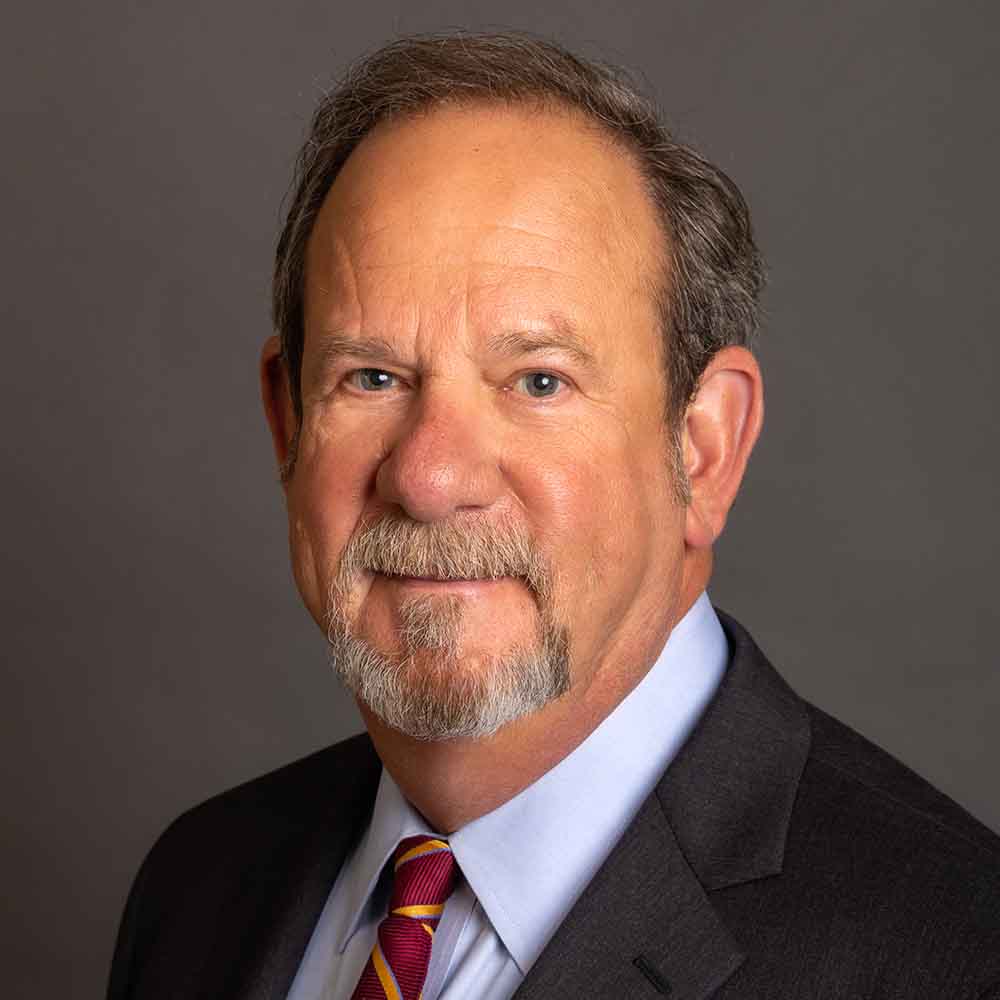by Ray Foxworth, D.C., FICC •
President & Founder, ChiroHealthUSA •
The chiropractic profession took a reputational hit last month when news broke that Dr. Carrie Musselman of Eureka, Illinois, was sentenced to 20 months in prison and ordered to pay more than $2.3 million in restitution after being convicted of healthcare and wire fraud. This case serves as a critical reminder for chiropractors across the country – compliance isn’t optional. (U.S. Attorney’s Office, Central District of Illinois, 2025)
The federal case against Musselman, which culminated in a 13-day trial and sentencing on June 24, 2025, highlighted years of deception. Musselman submitted false claims to Medicare and 12 private insurers—claims that misrepresented the services performed, who performed them, and in many cases, whether services were provided at all.
This wasn’t a matter of coding mistakes or documentation errors. According to court records, Musselman deliberately billed for higher reimbursing services by fraudulently attributing procedures to medical doctors rather than mid-level providers, even though she knew those services did not qualify for that level of reimbursement. She also falsely claimed to administer allergy injections when patients were given unapproved oral drops to take home—products deemed “experimental” and ineffective by the FDA.
Perhaps most egregious was her billing for the placement of an electroacupuncture device, which she fraudulently coded as the surgical implantation of a neurostimulator. This procedure would not be reimbursed at all otherwise. The deception ran deep and wide, ultimately netting her over $2.5 million in fraudulent payments.
In addition to the fraud itself, Senior U.S. District Judge Michael M. Mihm found that Musselman committed perjury during her trial. He stated plainly that she had not only participated in the fraud but actively directed and encouraged it.
Why This Matters to Our Profession
The consequences of this case extend beyond one provider. Incidents like this damage public trust in the chiropractic profession and provide ammunition to critics who question the legitimacy and ethics of chiropractic care. But they also highlight a critical reality: the systems that chiropractors bill into—Medicare, Medicaid, and commercial insurers—are complex, heavily scrutinized, and unforgiving when it comes to fraud and abuse.
While few chiropractors would ever knowingly commit fraud, many underestimate the risk of non-compliance or poorly managed billing practices. Mistakes in coding, inadequate documentation, or failure to understand payer rules can easily cross the line from simple error to fraud. (Trombley & Hanes, 2025)
Lessons from the Musselman Case
Here are a few key takeaways every chiropractor should reflect on:
- You are responsible for what is billed under your name – even if billing is handled by a staff member or a third party, providers are ultimately responsible for ensuring that claims are accurate and supported by documentation.
- Misrepresenting services, providers, or procedures is fraud – It doesn’t matter how small the detail. Billing for a service that wasn’t rendered or exaggerating the complexity of a procedure is illegal.
- Compliance must be proactive – Waiting until a payer audit or federal investigation is too late. Regular internal audits, compliance training, and up-to-date billing policies are essential for every clinic.
- Don’t ignore red flags – If a team member raises a concern about billing or documentation, take it seriously and address it promptly. A strong compliance culture encourages employees to speak up and identify issues early.
Rebuilding Trust, One Ethical Practice at a Time
The vast majority of chiropractors enter the profession to help people live healthier lives, not to defraud the system. Maintaining our profession’s credibility requires vigilance, accountability, and a commitment to ethical practice. This case is a stain on our profession, but we can use this as an opportunity to recommit to doing things the right way—for our patients, our profession, and the future of chiropractic care.









